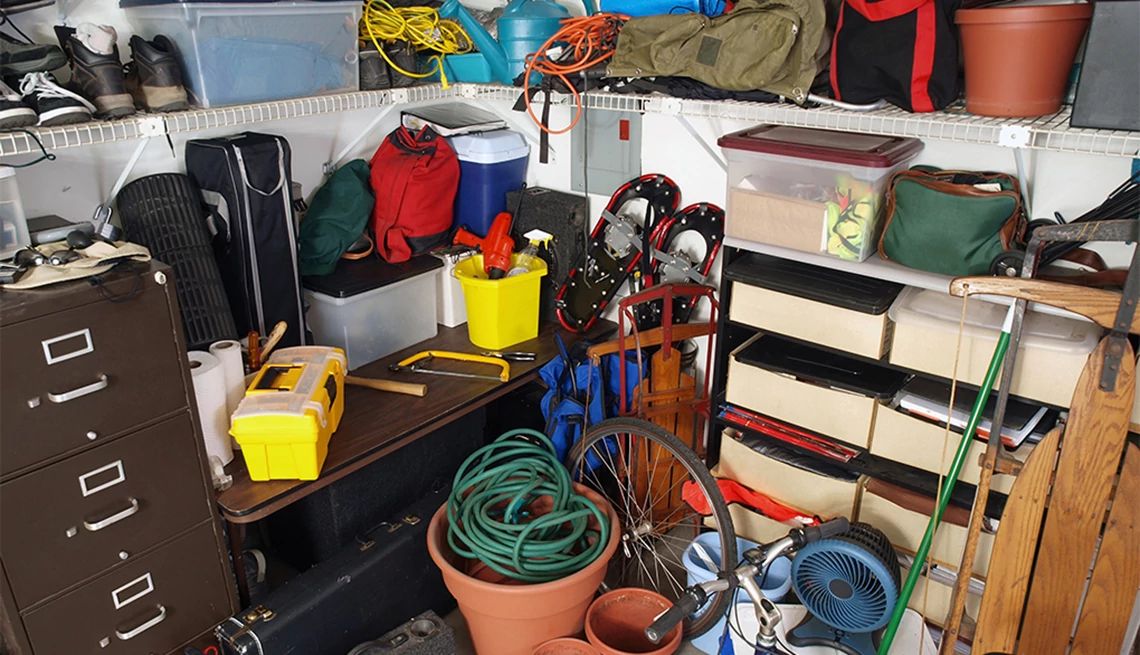Challenges


Too much stuff piled up around your house is more than just an eyesore: Clutter can actually mess with your mental health, studies have shown.
Clutter can threaten your well-being and undermine the sense of comfort and security you derive from your home, according to a study published in Behavioral Sciences in 2022. The researchers analyzed survey responses from 450 adults, half of whom were age 65 and older.
“An overabundance of possessions creates a chaotic and disorderly living space,” says Joseph R. Ferrari, professor of psychology at DePaul University in Chicago and coauthor of the study. It can also stress you out, he says.
In a separate study, published in the Journal of Consumer Research in 2024, participants reported that having too many belongings made their homes feel “out of control” and that they longed for “more free space.” For the study, researchers interviewed 32 adults in Switzerland and Germany between the ages of 24 and 64 who were battling clutter and observed 25 of them as they attempted to streamline their possessions.
AARP’s Global Council on Brain Health, in its report “Brain Health and Mental Well-Being,” recommends decluttering as a way to feel good and function well. But while the process of purging unused items can often be rewarding, some people get overwhelmed by the task, Ferrari says. This was the case for some of the participants in his study, who said the work left them feeling “exhausted” and “mentally tired.”
Younger generations may not want the fancy silverware and china, but it can still be put to good use. “My kids are in their late 30s and don’t want this stuff,” Ferrari says. “But is there a house that burned down in your neighborhood or people who have nothing because of floods? Those people would love to have your dishes.”
Ferrari offers an insider tip for those struggling to pare down their belongings: Don’t touch them. Research has found that once you touch something “you’re more likely to keep it,” he says. Instead, ask a friend or family member for help; they can pick up items and ask you if it’s time to donate or dispose of them.











More From Staying Sharp
Grow Happiness in Your Garden
Tend to the soil and your well-being
Grab Your Camera and Zoom In
Tune in to nature for a dose of happy
Laugh Out Loud
Giggles, belly laughs, guffaws — they’re all good medicine